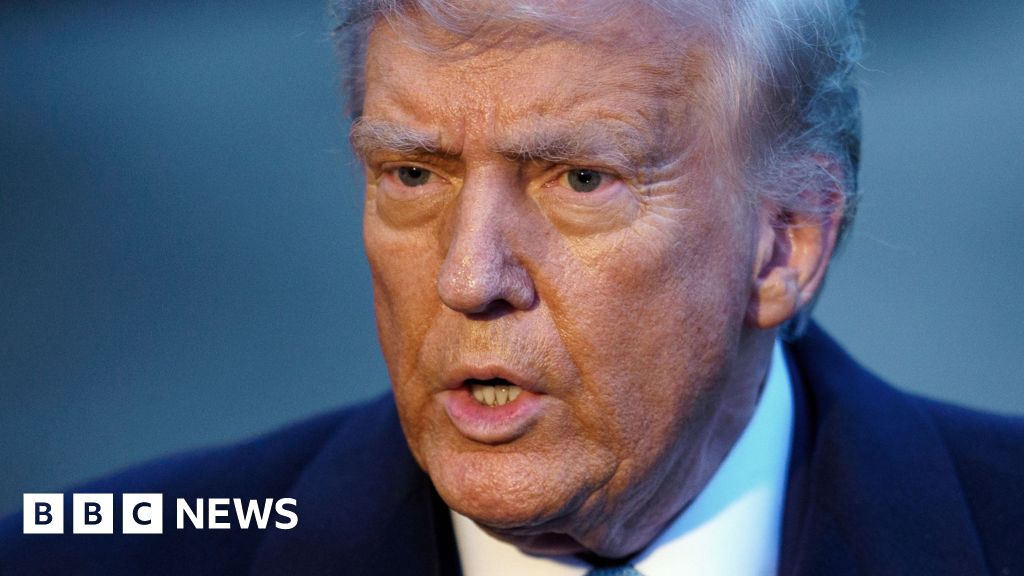- cross-posted to:
- [email protected]
- cross-posted to:
- [email protected]
Summary
Trump announced that 25% tariffs on imports from Canada and Mexico will take effect on February 1, though a decision on including oil remains pending.
He justified the move by citing undocumented migration, fentanyl trafficking, and trade deficits.
Trump also hinted at new tariffs on China.
Canada and Mexico plan retaliatory measures while seeking to address U.S. concerns.
If oil imports are taxed, it could raise costs for businesses and consumers, potentially contradicting Trump’s pledge to reduce living expenses.



You’re saying “there’s a reason reputable economists say”, as if there aren’t reputable economists also saying something else, like “tariffs are a tool and predicting impact is difficult if not impossible due to complexity”. So, whats the point in mentioning that “reputable economists say” unless you’re pandering to an appeal to authority. Economists are just people and can make mistakes, entire groups of people like “reputable economists” can have the wrong ideas at the same time, or collectively jump to conclusions. I don’t care what economists say, I care about why they say it and if it makes sense. Your point is “there’s a reason why” and you load this with “reputable”. How do you qualify reputable and what is the reason they say? Could they be wrong and if not, why is there an economy at all?
Engineers make mistakes all the time too. The idea that an engineer can’t be wrong about engineering and a layman can’t comprehend even intuitively understand engineering concepts is exactly what an appeal to authority is about.
I literally linked you to a large collection of their statements on the matter, backed by data. “Appeal to authority” isn’t a magic phrase that lets you dismiss expertise entirely. “Appeal to authority” is a fallacy, but “deferring to expertise” is not. I’m not saying these tariffs are wrong because economists say they are, but that it’s reasonable to accept consensus opinion of regarded experts without walking through every step of their argument.
https://www.cambridge.org/core/books/abs/informal-logic/appeals-to-authority/F455E1D4279677917F379D9464A76060
I specifically mentioned that they can be wrong, and that it’s maybe worth reconsidering when you’re disagreeing with the experts. Of course engineers can make mistakes. But if a group of them say “that bridge is unsafe, we can show you our calculations”, and a non-engineer says that they have an “intuitive feeling” that it is, I know who I’m listening to.
Are you going to keep shifting to different topics? As far as economic arguments go “there’s a theoretical economist who thinks this is a good idea that I haven’t cited and that agrees with my intuition” is… Not very interesting.